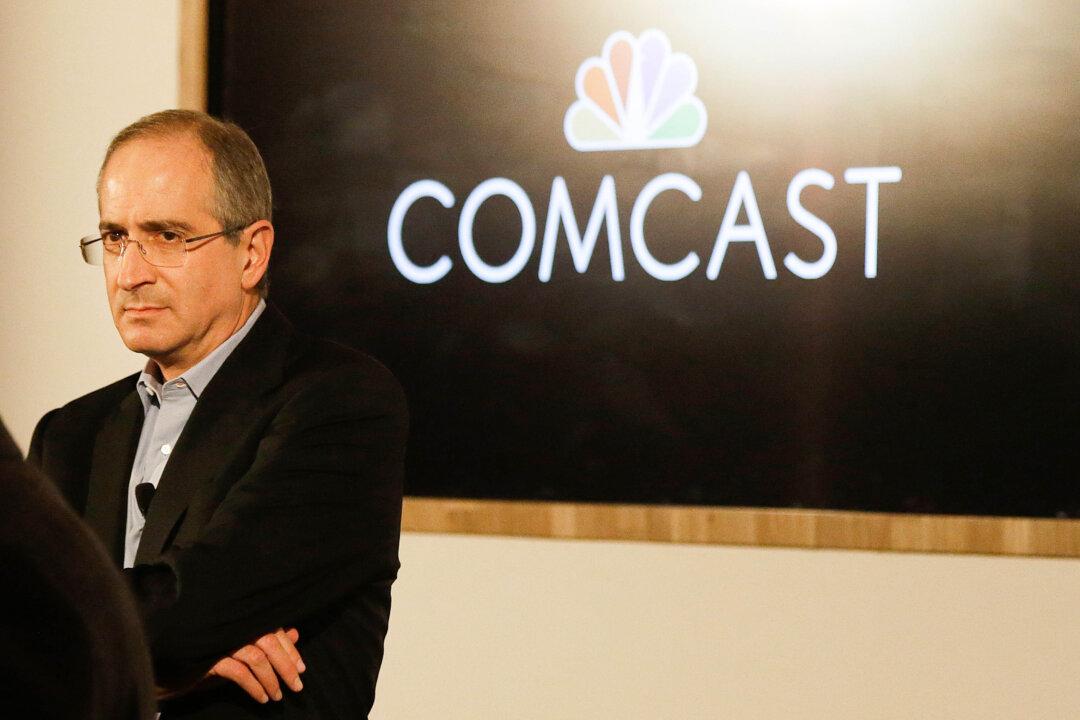This morning, Comcast called off its proposed $45 billion merger with Time Warner Cable, a deal that would’ve resulted in the conglomerate controlling 40 percent of the broadband market and a sizable fraction of cable access as well.
In the run-up to the unraveling of the deal, the Justice Department’s antitrust division had been preparing to litigate against the merger, and the Federal Communications Commission (FCC) and Federal Trade Commission were against the deal as well.
“Today, we move on,” Comcast CEO Brian L. Roberts said in a statement. “Of course, we would have liked to bring our great products to new cities, but we structured this deal so that if the government didn’t agree, we could walk away.”
The deal, first proposed in early 2014, had from the start faced opposition from the general public, where it was seen as a clandestine way for cable companies to squeeze more cable fees out of consumers. Its defeat continues a streak of recent antitrust activity as regulatory agencies move to block emerging monopolies in the new century.
Earlier in 2011, another major telecom merger—a $39 billion deal between AT&T and T-Mobile—was blocked after the Justice Department filed a suit in court.
Despite misgivings about a potential descent into over-regulation, the FCC’s move to push far-reading net neutrality rules on broadband companies was seen as a triumph of grassroots politics over corporate interests. The FCC had initially proposed watered-down versions of net neutrality rules, changing directions after a massive public outcry—Americans jammed the FCC with more than 3 million public comments in September.





